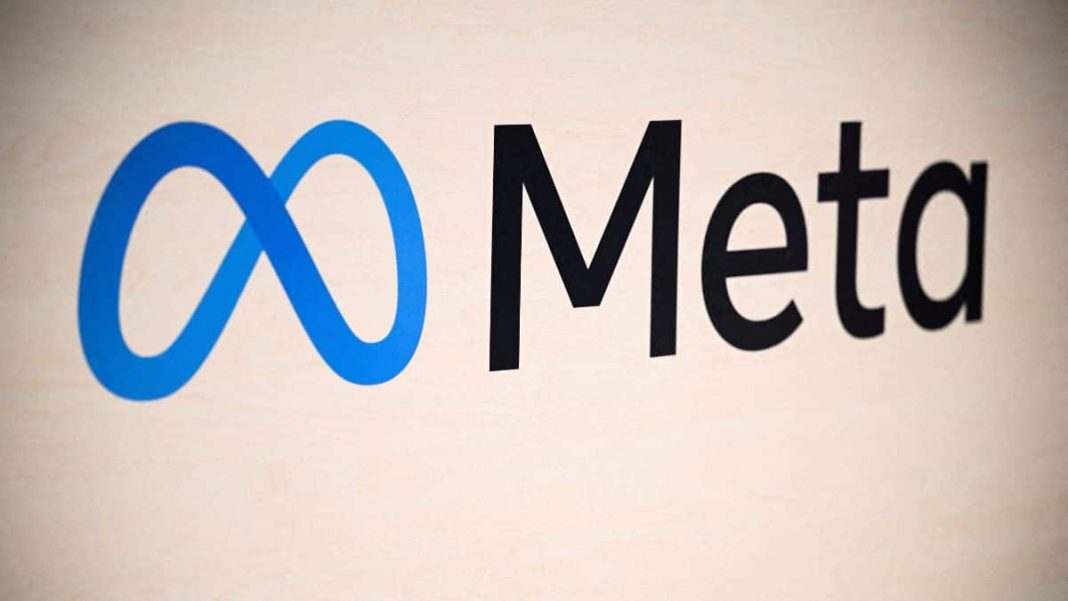Meta Wins Major Antitrust Case Over Instagram, WhatsApp Acquisitions
A US federal judge has dismissed the government’s antitrust lawsuit against Meta, ruling that the company’s acquisitions of Instagram and WhatsApp did not create an illegal monopoly in social media.
Key Takeaways
- Judge rules Meta faces sufficient competition from TikTok and YouTube
- Court finds no evidence of monopoly power in social media market
- Ruling represents major victory for Meta after five-year legal battle
Court’s Rationale
Judge James Boasberg of the Washington federal district court concluded that Meta cannot exercise monopoly power due to intense competition from platforms like TikTok and YouTube. The judge noted that social media platforms have evolved to offer nearly identical features.
“Meta holds no monopoly in the relevant market,” Judge Boasberg declared, observing that Facebook and Instagram now primarily show algorithm-recommended short videos similar to TikTok’s core offering.
Changing User Behavior
The court cited data showing Americans spend only 17% of their Facebook time viewing friends’ content, dropping to just 7% on Instagram. Instead, users predominantly watch “Reels” – short videos from strangers recommended by AI.
“Facebook, Instagram, TikTok, and YouTube have thus evolved to have nearly identical main features,” Boasberg wrote, citing evidence that users treat these platforms as substitutes.
Meta’s Response and Broader Impact
Meta welcomed the recognition that it “faces fierce competition” and expressed willingness to work with the administration. The ruling represents a setback for US antitrust enforcers pursuing aggressive action against Big Tech companies.
Vidushi Dyall of the Chamber of Progress commented: “Judge Boasberg correctly grasps how dynamic digital markets are. Even large tech companies still face intense competition and… new players have disrupted the position of incumbents.”
The decision follows a similar pattern in tech antitrust cases, including a recent ruling that rejected breaking up Google due to emerging competition from AI platforms like ChatGPT.






